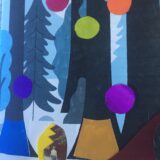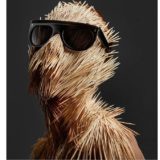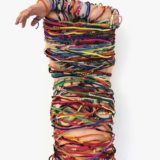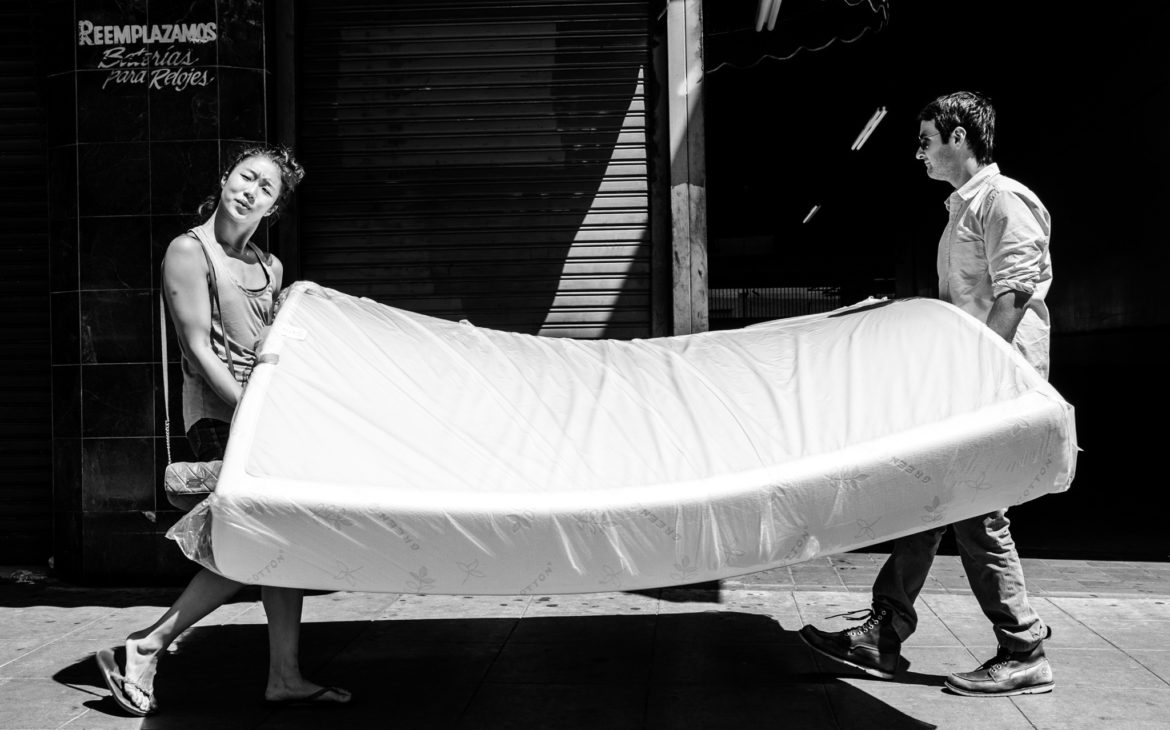Stories shape our beliefs, versions of history, and ideas of relationships no matter how distant they are from our consciousness. Here are two versions of origin stories:
In the beginning there was Skyworld.
“She fell like a maple seed on an autumn breeze”. As she hurtled downward, the geese flew beneath her to carry her down. As she fell, she saw creatures like otters, fish, loons and beavers. A turtle swam up to offer a resting place on the back of her shell. The creatures saw that Skywoman needed some land for her home so they all dove to the bottom of the water to try to find mud. All worked without success, but then finally the Muskrat, the weakest diver of all, surfaced in a stream of bubbles with a handful of mud. Skywoman then spread the mud across the back of the turtle and danced and sang with thanksgiving for the gifts she had received. “Like any good guest, Skywoman had not come empty-handed”. As she fell through the sky, she grabbed onto the Tree of Life with fruits and seeds and plants of all kinds. She then scattered them on the new ground and the seeds flourished to grow wild grasses, flowers and trees. Now all had plenty to eat.
A different story has another woman in a garden and a tree. But because she tastes the fruit of the tree, she is banished from the garden and made to wander in the wilderness to earn her bread by the sweat of her brow. In order to eat, she is instructed to subdue the wilderness into which she is cast.
These stories appear in Robin Wall Kimmerer’s Braiding Sweetgrass. In the dominant Western tradition, the story presents a hierarchy of beings with humans at the top and nature at the bottom. In the Native story, humans often have the least experience and need to learn from other species. Kimmerer suggests perhaps the story persists because we humans share a personal and collective story of falling, or inevitably winding up at the edge of our known world. The world begins to crumble or spin and what we know crumbles below our feet. This story says that despite our fears of falling, the gifts of the world stand by to catch us as we fall.
I can relate to many experiences of “falling” in life, but certain Western stories dominate in this part of the world.
Stories of taming and mastering, self-realized purpose and achievement as “killing it, or the competition” are in themselves deadly stories. Individualism, one against all survival, the myth of an unending frontier are Western stories that are a part of our idea of being human. This idea of progress is a straight line, where the march is always forward, and forward should be faster, because forward is always going to be better. But we and the earth live in precarious times and we need to be able to collaborate, work across difference and engage with diversity. This fundamentally requires acknowledgement of vulnerability.
Perhaps skills in living will increasing center around awareness of belonging to the world and that relationships are always complex and reciprocal, or at least always at least two-way. Stories are made not just from past, but also from our strivings and longings. Donna Haraway is a scholar in the history of consciousness, science and technology. In Arts of Living on a Damaged Planet and Staying with the Trouble, she poses that we need stories that play with ideas since “nothing makes itself”. Stories either open or narrow ways of life of “becoming with each other.”
*Earthlings are never really alone………
Be well,
Marlene
Photo by @rinzizen , rinziruizphotography.com
*Donna Haraway
*Please support Independent Bookstores



